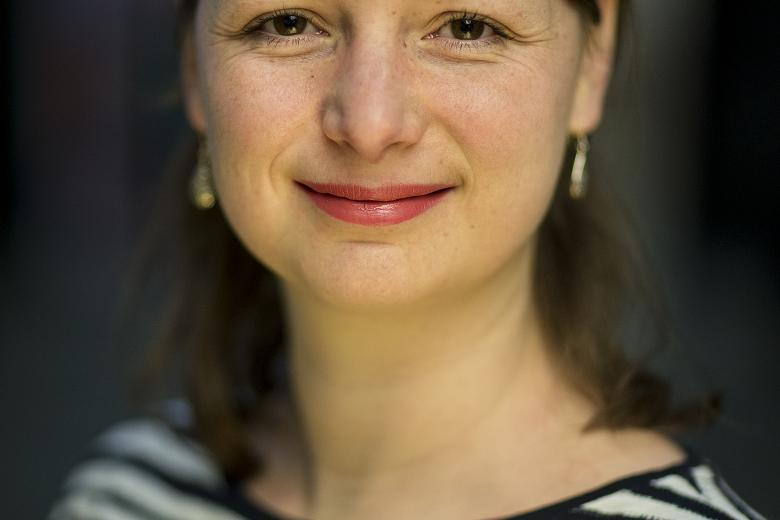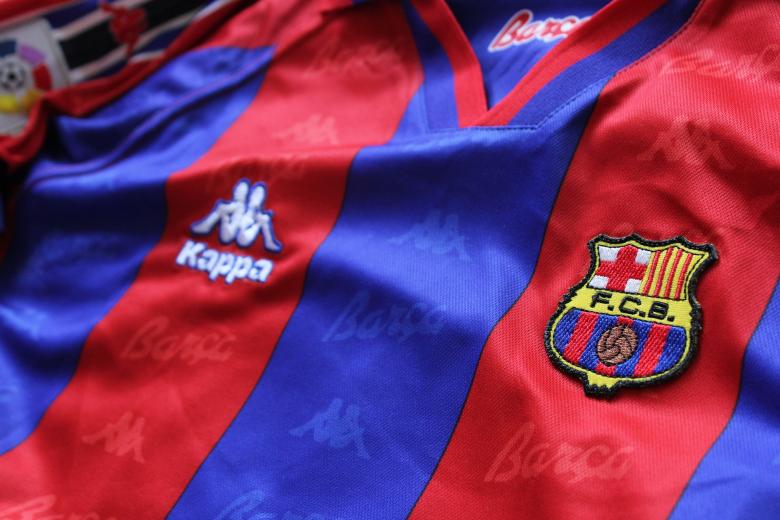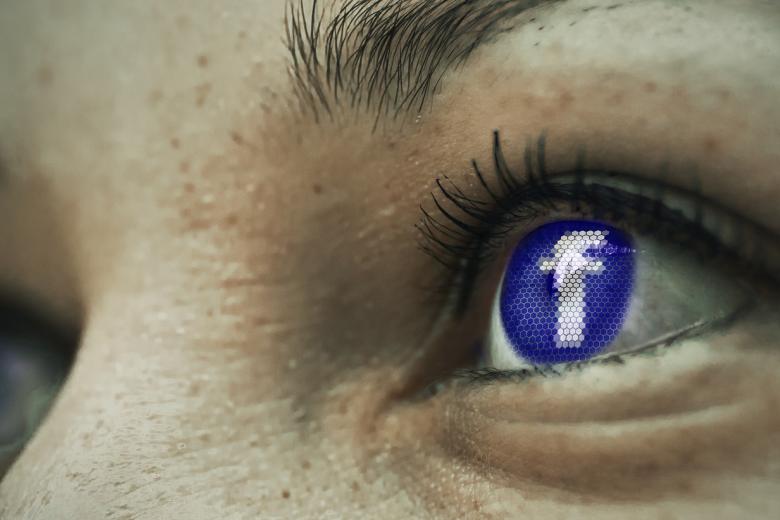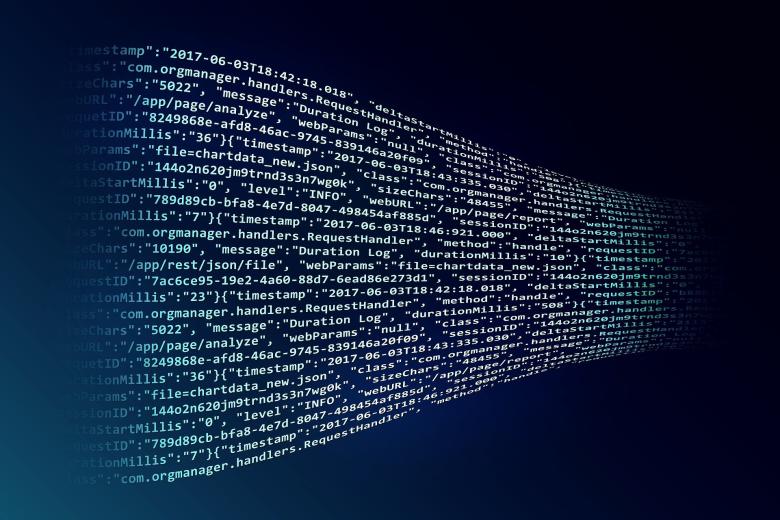Who is the president of Venezuela?
Unrest still reigns in Venezuela and a major question remains unanswered: who is the President at the moment, Maduro or Guaidó? Despite the political aspirations of Guaidó and recognitions to that effect by several States, this blogpost will determine that, legally speaking, Maduro is still the President of Venezuela.
The issue
A few months ago Guaidó challenged the authority of President Maduro. The National Assembly declared itself as the only legitimate authority and its leader Guaidó was regarded as the interim-President. After giving Maduro time to institute certain changes, which did not take place, the Netherlands and several other Western states subsequently recognised Guaidó as interim-President. What does such recognition mean and who is to be considered as the President at the moment? And why does that matter?
It is important to determine who the government of a certain State is, and therefore also who is acting on behalf of that government, i.e. the President. Being (the leader of) the government leads to far-reaching powers under international law. A government is able to sign treaties, represent the State internationally, but also to request the assistance of a foreign State in case of internal turmoil, arguably even in a civil war.
Recognising a government
In international law, recognition is usually employed with new States, but not with new governments. In fact, most States have the policy of not explicitly recognising other governments. This is done implicitly, for example by opening up diplomatic channels. However, States occasionally deviate from this policy.
There are certain criteria that States take into account when they explicitly or implicitly recognise a new government of another State. The starting point seems to be effective control. The person or party in control over the territory, the people, and the State’s institutions is considered to be the government. In times of civil war, however, this level of control can diminish or be completely lost by the government. The legitimacy of the government can then shift to the party now in effective control of the State. This for example occurred in Libya when Gaddafi’s regime fell and the National Transitional Council took over.
Another criteria taken into account is democratic legitimacy. There are several instances where democratic elections took place, but the winner was either overthrow in a coup (e.g. Haiti) or the sitting President refused to step down (e.g. The Gambia). In these situations the democratically elected leaders did not exercise effective control, yet they were still recognised as the legitimate leaders of the State, even to the extent that an intervention took place to install them (back) into office.
Conclusion
Upon applying these criteria to Venezuela, it becomes clear that President Maduro is legally speaking still the legitimate authority. He still exercises effective control and there were no elections following which Guaidó was elected as the new President. This is in fact also reflected in the recognitions of Guaidó: he was not recognised as the new legitimate leader, but as interim-President. The States who did so appear to make a political statement. They intend to place political pressure on Maduro to hopefully bring about a political change and thereby also a change to the dreadful humanitarian situation. However, Maduro is legally speaking still the current President of Venezuela.
| More blogs on Law Blogs Maastricht |
L. Visser
Dr Laura Visser is Assistant Professor of International Law. She completed her PhD thesis titled 'The Legal Framework of Intervention by Invitation' in April 2023. She teaches and coordinates courses on International and European Law and Moot Court.

-
Madrid Commercial court refers UEFA & FIFA’s anti-competitive kick to the ECJ
In early 2021, Europe’s twelve leading football clubs joined hands to create the European Super League. Despite the presence of notable clubs such as Liverpool, Manchester United, Milan, Barcelona and Real Madrid, the League soon fell apart. Unable to convince those on the football field, the three...

-
The Facebook whistleblower: what’s different this time? Part I
“I don’t hate Facebook. I love Facebook. I want to save it”, wrote Frances Haugen as she resigned from Facebook and revealed tens of thousands of documents alleging Facebook has time and again prioritized profit over people.

-
Mind if I mine?
The EU recently introduced text and data mining exceptions to copyright infringement. However, they are too narrow and situation-specific to enable scientific development. In my master thesis, I suggest adopting a non-enjoyment exception for new technological uses, including text and data mining.
